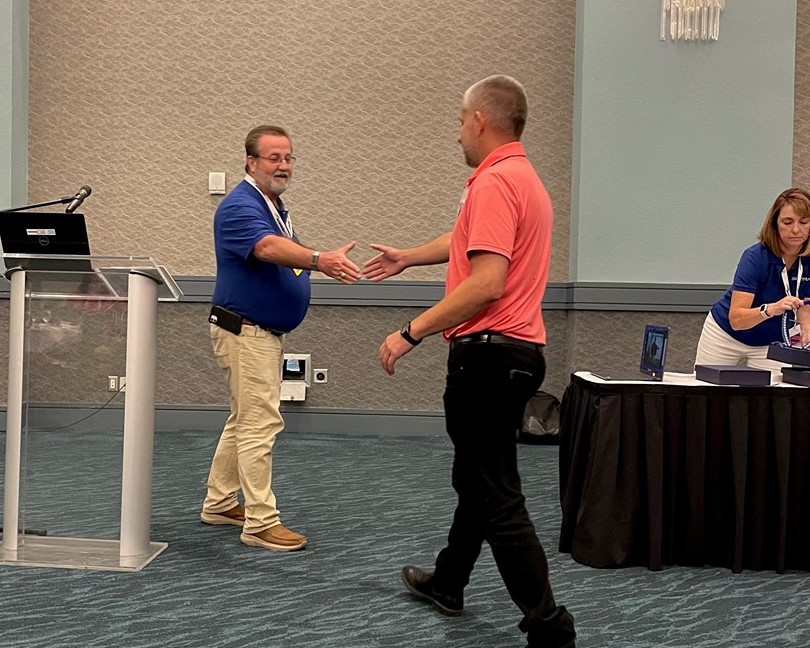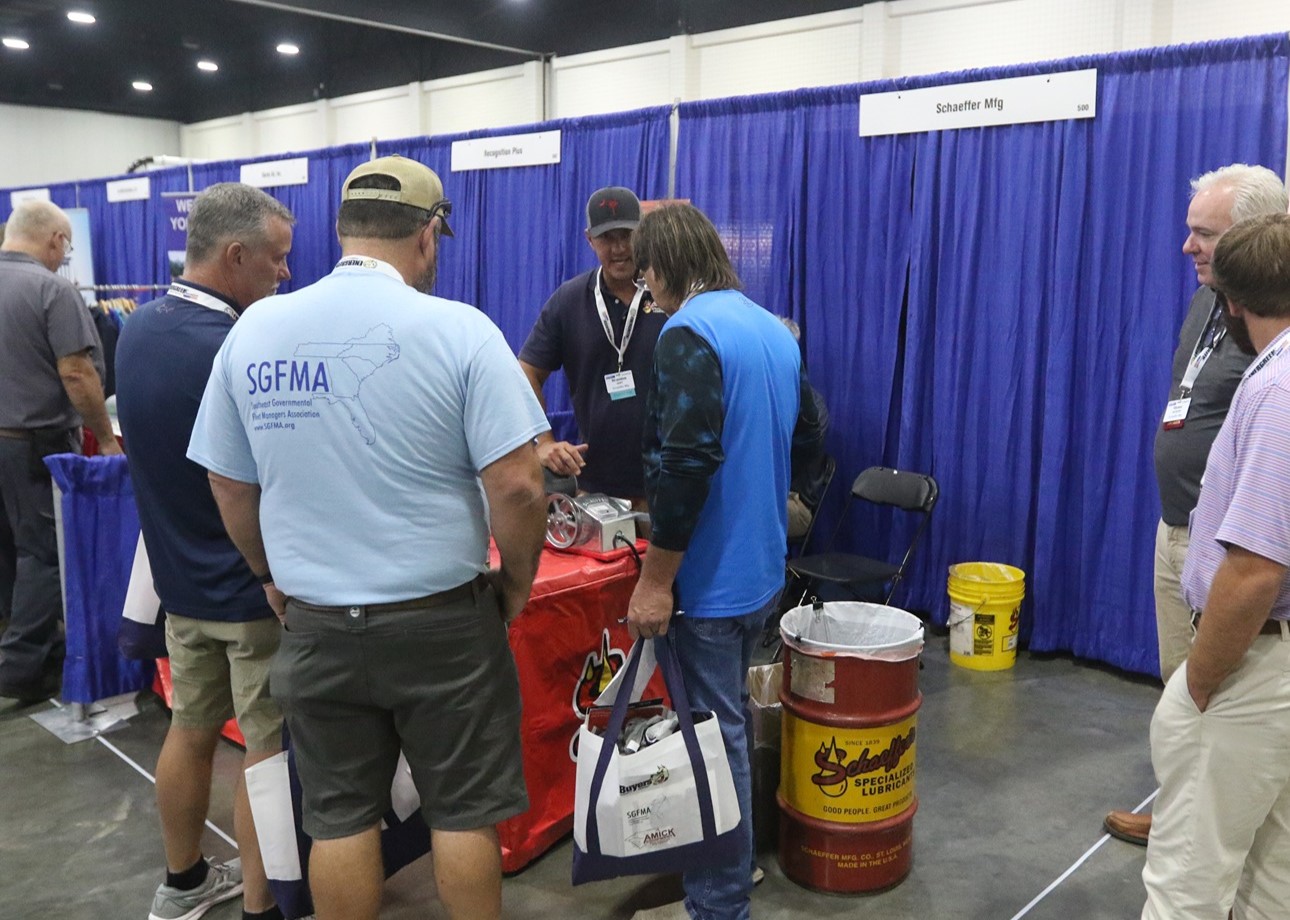
How SGFMA is Working to Bridge the Fleet Information Gap
SGFMA was initially created for South Carolina fleets, but expanded to include the entire Southeast.
Fleet management is constantly evolving, and government agencies at all levels are finding it crucial to access new information and resources to bring back to their operations. The Southeast Governmental Fleet Managers Association (SGFMA) has been trying to help fill informational gaps, especially for fleet managers who may not have previously had access to outside resources within their region. The organization hopes to do this by connecting fleet managers across the southeastern United States, a mission three decades in the making.
The Need for Collaboration Across Fleets
The association has grown to over 950 members, which include fleet and public works managers, supervisors, purchasing and support personnel.
SGFMA started as a partnership between the South Carolina Department of Health and Environmental Control and the South Carolina State Fleet Maintenance. These organizations saw the benefits of pooling resources and created an association to share information and provide training for technicians .
“They decided to get together and create this association to better share information and help with the training of our mechanics,” said Sheila James, SGFMA vice president and SCDOT District 6 asst. district mechanical engineer.

Originally focused on South Carolina, SGFMA expanded about 15 years ago to include other southeastern states, reflecting this broader scope in its name. This regional approach has allowed SGFMA to offer more support and training to a wider network of fleet managers and technicians.
Part of SGFMA’s collaborative initiative is within its annual equipment show and conference, which provides a platform to showcase the latest in fleet management technology and offer attendees valuable training sessions.
According to James, making educational sessions available to fleets has been an important part of helping individuals deal with challenges like new EPA standards and the integration of advanced computer systems in fleet vehicles. Sometimes it was simply helping operators to understand what the lights on their dash meant.
“It’s about educating our folks to have a better understanding of what their systems do, and what their systems mean,” James said. “It’s about talking through some of those problems and, finding ways to help each other through all that.”
Another key area of the organization and the conference was introducing new certification opportunities.
“This year, we’re doing mobile HVAC certifications at our conference,” James noted.

Ongoing Training and Professional Development
The SGFMA Annual Meeting and Equipment Show will be held September 15 – 18, 2024 in Myrtle Beach, South Carolina.
An extension of SGFMA’s training efforts extends beyond the annual conference. Joseph Stone, fleet services manager for Anderson County, South Carolina, and SGFMA president, emphasized the importance of year-round professional development.
“We organize training events hosted in various places and do a lot for people online,” he said, adding that this ensures fleet managers and technicians stay current with industry advancements .
Additionally, the association has recognized the need for networking within the fleet industry. This goes beyond the annual conference and connecting people within the same region for help.
“The big advantage is the ability to reach out to somebody in your area and be able to talk about your problems, not just at the show, but throughout the year,” Stone explained.
Problem Solving in a Fast-Paced Fleet World
For Stone and the other SGFMA leaders, the mission is to be a hub for exchanging ideas and solutions. By connecting fleet managers from different regions, the association is working to tackle common challenges together.
James added that this collaborative approach was particularly helpful during the procurement difficulties following COVID-19. She explained how SGFMA members exchanged strategies to adapt to new procurement processes, ensuring government entities remained competitive.
Connecting members with vendors and manufacturers is initiative. Regular interactions during conferences and training events are meant to foster strong relationships, making it easier to address specific issues.
“It gives us an opportunity as fleet managers to talk to them one-on-one,” Stone said, highlighting the value of these direct communications.
Filling a Regional Need for Continued Information
Director at Large 4 Rick Longobart noted that they’re wanting to do more for public sector fleets east of the Mississippi River. As the Raleigh, North Carolina, fleet operations manager put it, it’s about sharing information, education, and training.
“There’s a big void, and I think what this organization offers is crucial,” he said.
